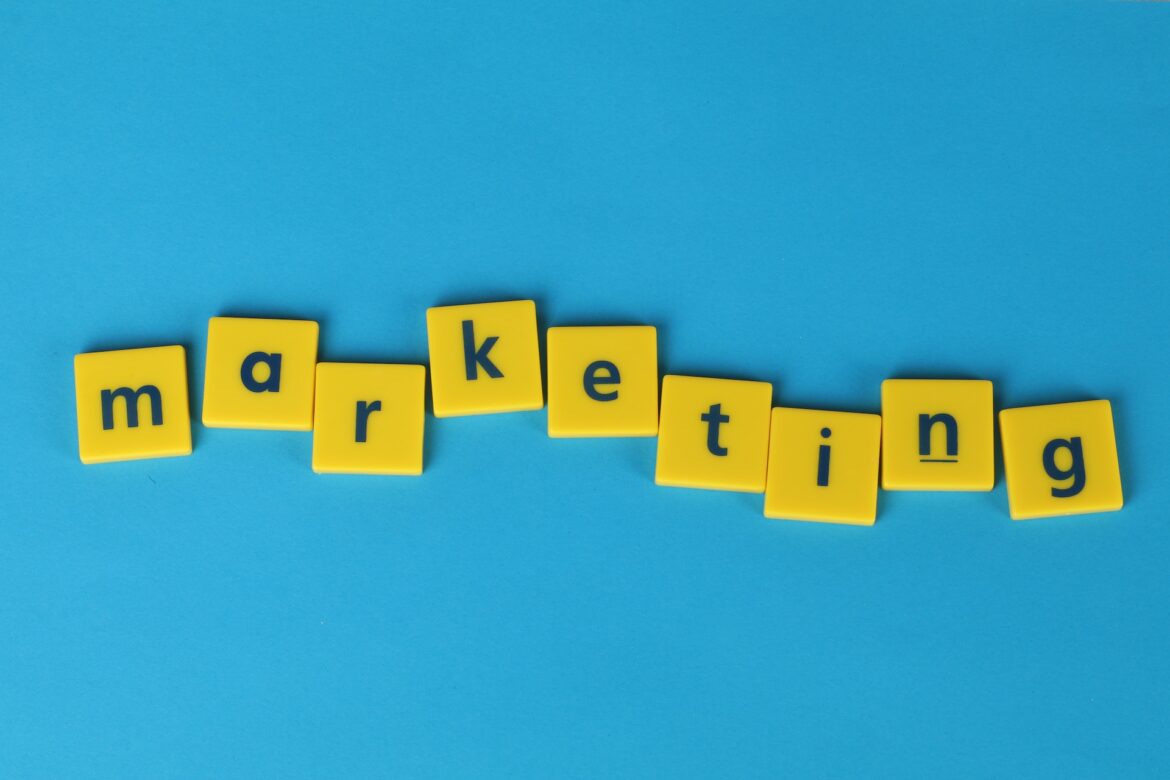As technology advances at an unprecedented rate, it’s no surprise that digital has completely revolutionized how we think about marketing. Gone are the eras of traditional advertising methods; businesses must adapt and embrace the new earned media strategy to stay relevant in today’s fast-paced world. In this blog post, we’ll explore how digital is changing the marketing landscape and discuss how one can keep up with these changes. So, get ready for a wild ride through the exciting world of modern marketing.
History of Marketing
 In the early days of marketing, campaigns were typically designed and executed in-house by a single organization. However, as technology has evolved, so has the way marketing is conducted. Today, marketing is increasingly performed through digital channels such as social media, online advertising, and e-commerce sites. Digital marketing is not just limited to these digital platforms, either. Traditional methods, like print media ads and television commercials, can also be used online. Some companies now rely almost exclusively on digital marketing to reach their target audience. Multiple reasons make digital more popular than traditional marketing techniques. For one thing, it’s easier to track and measure results. With digital marketing tools, you can quickly see which ads work best and how much traffic they drive to your website or blog. This level of transparency is valuable for businesses of all sizes.
In the early days of marketing, campaigns were typically designed and executed in-house by a single organization. However, as technology has evolved, so has the way marketing is conducted. Today, marketing is increasingly performed through digital channels such as social media, online advertising, and e-commerce sites. Digital marketing is not just limited to these digital platforms, either. Traditional methods, like print media ads and television commercials, can also be used online. Some companies now rely almost exclusively on digital marketing to reach their target audience. Multiple reasons make digital more popular than traditional marketing techniques. For one thing, it’s easier to track and measure results. With digital marketing tools, you can quickly see which ads work best and how much traffic they drive to your website or blog. This level of transparency is valuable for businesses of all sizes.
The Impact of Digital Media on Traditional Marketing
 Digital media has fundamentally changed how marketing is conducted. Traditional marketing means are all being replaced by digital media. Digital media allows for a much more personalized marketing approach. Instead of relying on mass-produced advertisements that are generalized and often irrelevant to the target audience, digital media allows for targeted ads relevant to the individual. This personalized approach is particularly important in today’s constantly changing consumer landscape.
Digital media has fundamentally changed how marketing is conducted. Traditional marketing means are all being replaced by digital media. Digital media allows for a much more personalized marketing approach. Instead of relying on mass-produced advertisements that are generalized and often irrelevant to the target audience, digital media allows for targeted ads relevant to the individual. This personalized approach is particularly important in today’s constantly changing consumer landscape.
Another advantage of digital media is its ability to reach many people quickly and efficiently. With digital media, businesses can create and distribute content quickly and without associated costs. This makes it an ideal tool for rapidly disseminating information or promoting new products. However, one of the biggest disadvantages of digital media is its reliance on technology. If a business’s website or online advertising campaign fails, it can be difficult to recover lost ground. Additionally, online customer feedback can be difficult to collect and process, given the fast-paced nature of online communication.
Conclusion
The future of marketing is inseparably linked with the ever-growing trend of digitalization. Overall, digital marketing continues to be one of the most effective ways businesses can reach their target market.




